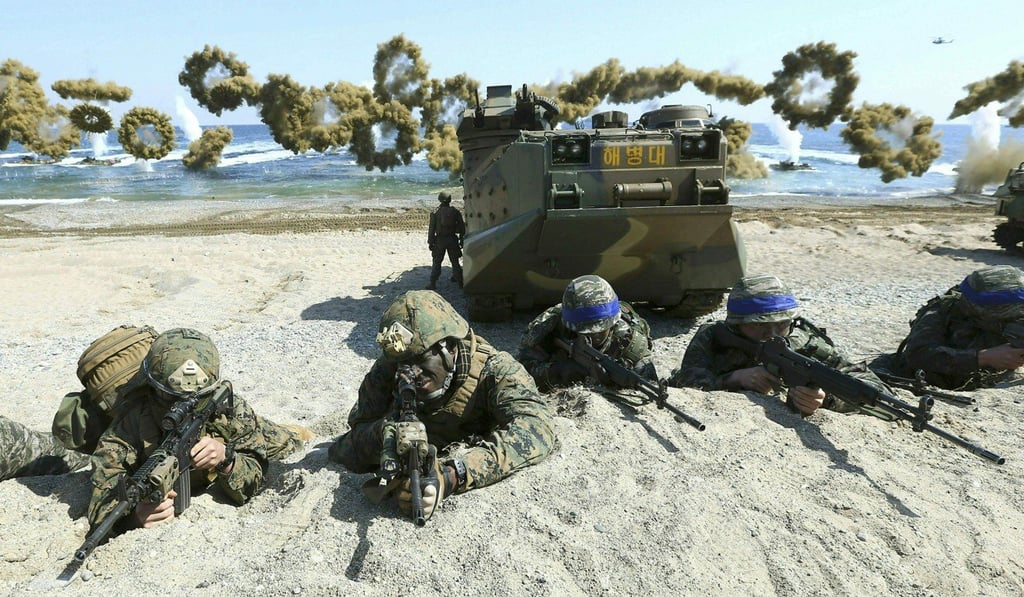Opinion | Time for South Korea to step into the vanguard of US-North Korea nuclear talks
- Edward Howell says three-way talks between the two Koreas and the US may prove effective since Washington and Pyongyang both seem willing to reject a bad deal
- Denuclearisation may be a long-term goal, but it’s time to start talking

The Hanoi summit was disappointing, but not just for Washington. Seoul had hoped that a declaration to end the Korean war was a feasible possibility. Yet, US President Donald Trump and North Korean leader Kim Jong-un did not even come close, leaving South Korea wary of its alliance with the US, an alliance that the North has so often sought to fracture.
While in a post-summit call to Trump, South Korean President Moon Jae-in affirmed how he “looked forward to productive results at follow-up consultations” between the US and North Korea, it is time for the South to step into the vanguard.
How better to reaffirm the US-South Korea alliance than through new joint military exercises, amid recent calls from Seoul to kick-start three-party dialogue before relations between Washington and Pyongyang stagnate further?

The announcement by Washington and Seoul on March 2 of the cancellation of the Key Resolve and Foal Eagle annual military exercises, is what Pyongyang and Beijing have always wanted. Yet the joint defence statement agreed on the importance of “strengthening coordination and cooperation” between Washington and Seoul.
On March 4, this was put into action: a new, scaled-down military exercise, aptly named Dong Maeng – “alliance” – served to reinforce the US-South Korea alliance amid doubts about its strength.
